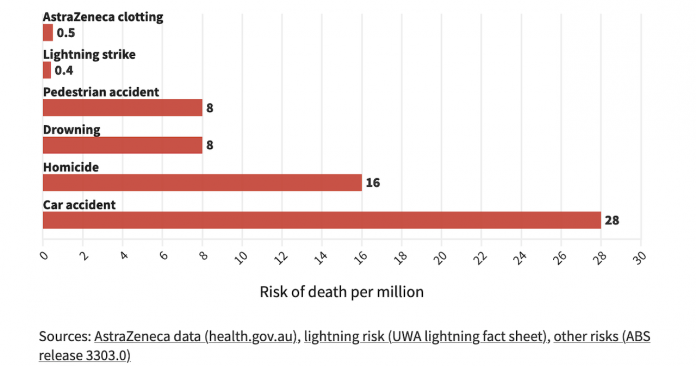
Lockdowns cause everyone a load of inconvenience and serious financial losses for the hospitality, travel and industries. Are they worth it?
A study led by Jeffrey Lazarus of the Barcelona Institute for Global Health in Spain and published last month in the prestigious medical journal The Lancet found that in terms of public health, economics, democracy and civil liberty, countries that had consistently aimed to eliminate Covid had fared better than those that chose to try to mitigate the pandemic.
Five OECD countries have pursued elimination – Australia, New Zealand, Japan, South Korea and Iceland. The other 32 have followed a path of mitigation.
An elimination strategy essentially means mass testing, helping people infected or who have come in contact with the virus to isolate, tracing, border surveillance, and swift and stringent lockdowns when needed.
The writers report 25 times fewer deaths from Covid per million in the population of elimination countries. Elimination was superior to mitigation in terms of GDP growth on average and at almost every time interval. Civil liberties were most severely impacted in countries choosing mitigation.
The authors found that while vaccination is the key to returning to normal life, relying on vaccines solely to control the pandemic is risky due to uneven roll out and uptake, the uncertainty of how long immunity lasts and the emergence of new Covid strains.
They wrote: history (of other diseases) shows that vaccination alone can neither single-handedly nor rapidly control a virus and that a combination of public health measures are needed for containment.
Countries that opt to try to live with the virus pose a probably threat to other countries, especially those with limited access to vaccines, by retaining a reservoir of active viruses and providing opportunities for it to mutate to newer and possibly more dangerous strains.
They conclude: early economic and political gains made by countries that aimed to eliminate Covid will probably pay off in the long run.
British Medical Journal Global Health said in a media release that there is evidence that mental health has declined in the population since the onset of the pandemic. But it is uncertain whether these declines were caused by government interventions to control Covid-19. However, government interventions have caused increased deaths from suicide.
There is clearly a link between large-scale Covid-19 outbreaks and depression and anxiety. Missing school clearly affects children’s mental health, but so does losing a loved one to Covid-19.
More than 40,000 children have lost a parent to Covid-19 in the United States, and two million have lost at least one grandparent.
Misinformation continues to be peddled through social media. For example, Clive Palmer’s claim that 200 Australians have died from being vaccinated. Two hundred vaccinated people have indeed died, which is what you would expect from a large population of often elderly patients, but all but one of them died from natural causes.
Nathan Grills, professor of public health at the University of Melbourne, writing in the Australian Financial Review, says conspiracy theorists claim governments are hiding the truth about these vaccines and their adverse effects.
“This would, in effect, require nearly all the world’s 193 governments of all persuasions (fascist, communist, democratic, theocratic and monarchical) to conspire together – along with vaccine companies and the mainstream free media – to corrupt regulatory frameworks, hide data from independent monitoring agencies and manipulate trial data.
“Such a conspiracy is realistically beyond the realm of possibility.
“So why give credence to the few fringe health practitioners who post on YouTube about very rare adverse events, while also stoking other ill-founded fears of conspiracy?
“This misinformation kills,” he says.
The Australian Bureau of Statistics has found that the chance of death from the AstraZeneca vaccination is approximately the same as the risk of death from lightning strikes.
Until the vast majority of the population are vaccinated further lockdowns are inevitable, but the purpose of the vaccine is not to allow us greater freedom of movement. It is to give Australians the best chance of avoiding illness and an early death.



































